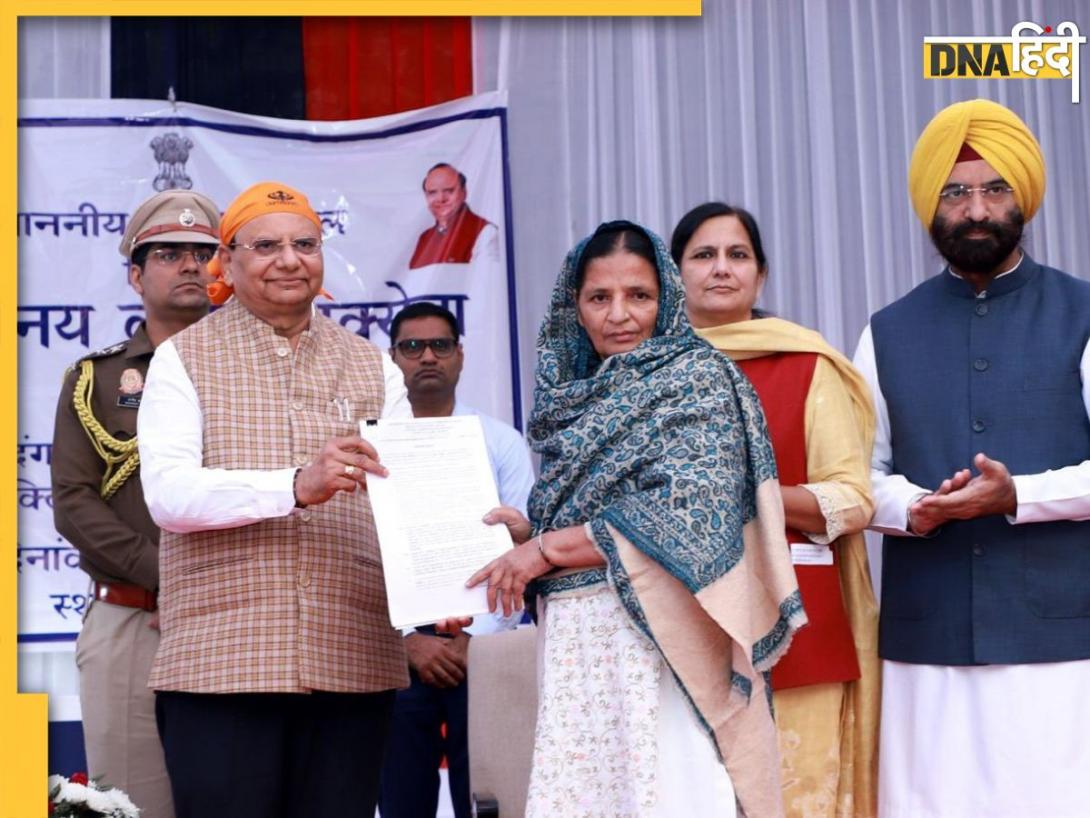- LATEST
- WEBSTORY
- TRENDING
LIFESTYLE
Nag Panchami 2024: Know the date, shubh muhurat, history, significance
In Hindu tradition, all elements of nature, whether creatures, plants, or even inanimate objects, are revered as manifestations of the divine.
TRENDING NOW
Nag Panchami 2024: Nag Panchami is a traditional festival celebrated by Hindus, Jains, and Buddhists across India, Nepal, and other regions with these religious communities, dedicated to the worship of nagas or snakes. Observed on the fifth day of the bright half of the lunar month of Shravana according to the Hindu calendar, this day is devoted to honoring these sacred creatures, believed to offer protection and bring prosperity. The festival also emphasizes the connection to Lord Shiva, who is often depicted with snakes around his neck, symbolizing his mastery over these revered beings.
Nag Panchami 2024 Date and Timings
In 2024, Nag Panchami will be observed on Friday, August 9. As per Drik Panchang, the auspicious timings are:
Nag Panchami Puja Muhurat: 06:15 AM to 08:44 AM
Duration: 02 Hours 29 Minutes
Panchami Tithi Begins: 12:36 AM on August 8, 2024
Panchami Tithi Ends: 03:14 AM on August 9, 2024
History of Nag Panchami
The origins of Nag Panchami can be traced back to Hindu mythology. According to legend, when Krishna was a young boy, he was playing by the Yamuna River when his ball got stuck in a tree. In an attempt to retrieve it, Krishna fell into the river and was attacked by Kaliya, a fearsome serpent. After a fierce battle, Kaliya recognized Krishna’s divine nature and pleaded for mercy. Krishna spared the serpent on the condition that it would no longer trouble the people. Nag Panchami commemorates Krishna's victory and his act of saving people from the menace of Kaliya.
Significance of Nag Panchami
In Hindu tradition, all elements of nature, whether creatures, plants, or even inanimate objects, are revered as manifestations of the divine. Festivals like Nag Panchami, observed on the fifth day after the new moon in Shravan, or in some regions after the full moon in Ashadh, are imbued with deep spiritual significance. Known also as Manasa Devi Ashtanga Puja, the festival involves the worship of Manasa Devi, the serpent goddess, along with the eight nagas (serpents).
In Punjab, the festival is called Gugu-Navami, where devotees create a large serpent effigy from flour and offer their worship. This celebration highlights the importance of serpents in Hindu mythology and their role in maintaining ecological balance. By honoring these serpents, devotees express their gratitude for their role in nature and seek harmony with the natural world.







)
)
)
)
)
)
)
)
)
)
)
)
)
)
)
)



























































